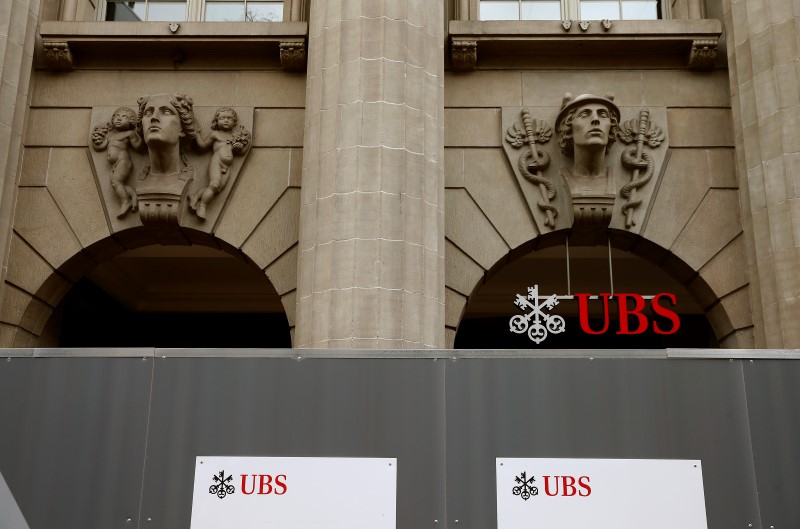NEW YORK (Reuters) - UBS analysts said Thursday 250 billion (179.61 billion pound) to 300 billion euro of the bank's euro-denominated loans was vulnerable to default in the current credit cycle as energy, metal and mining companies reel from rockbottom commodity prices amid slowing global demand.
On Tuesday, Standard Chartered (L:STAN), which is heavily exposed to energy and mining, reported its first annual loss since 1989 as soured loans jumped.
Still, European banks' exposure to distressed debt is comparative lower than those of their U.S. counterparts.
UBS analysts estimated that $1 trillion in speculative-grade debt, which include junk bonds, leveraged loans, credit lines and private debt securities, face a high risk of default.
Earlier this week, JPMorgan (N:JPM) said it increased reserves by $500 million in anticipation of losses on energy loans.
They said defaults in the U.S. speculative-grade natural resource sector has been on the rise. Its trailing 12-month default rate was 12.2 percent, up from 6.8 percent six months earlier and 3.0 percent 12 months before.
Even if commodity prices were to improve, "we expect significant default realizations ahead," UBS strategists Matthew Mish and Stephen Caprio wrote in a research note.
